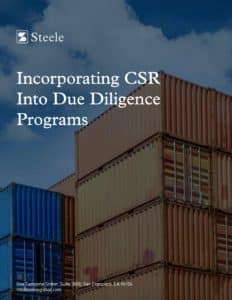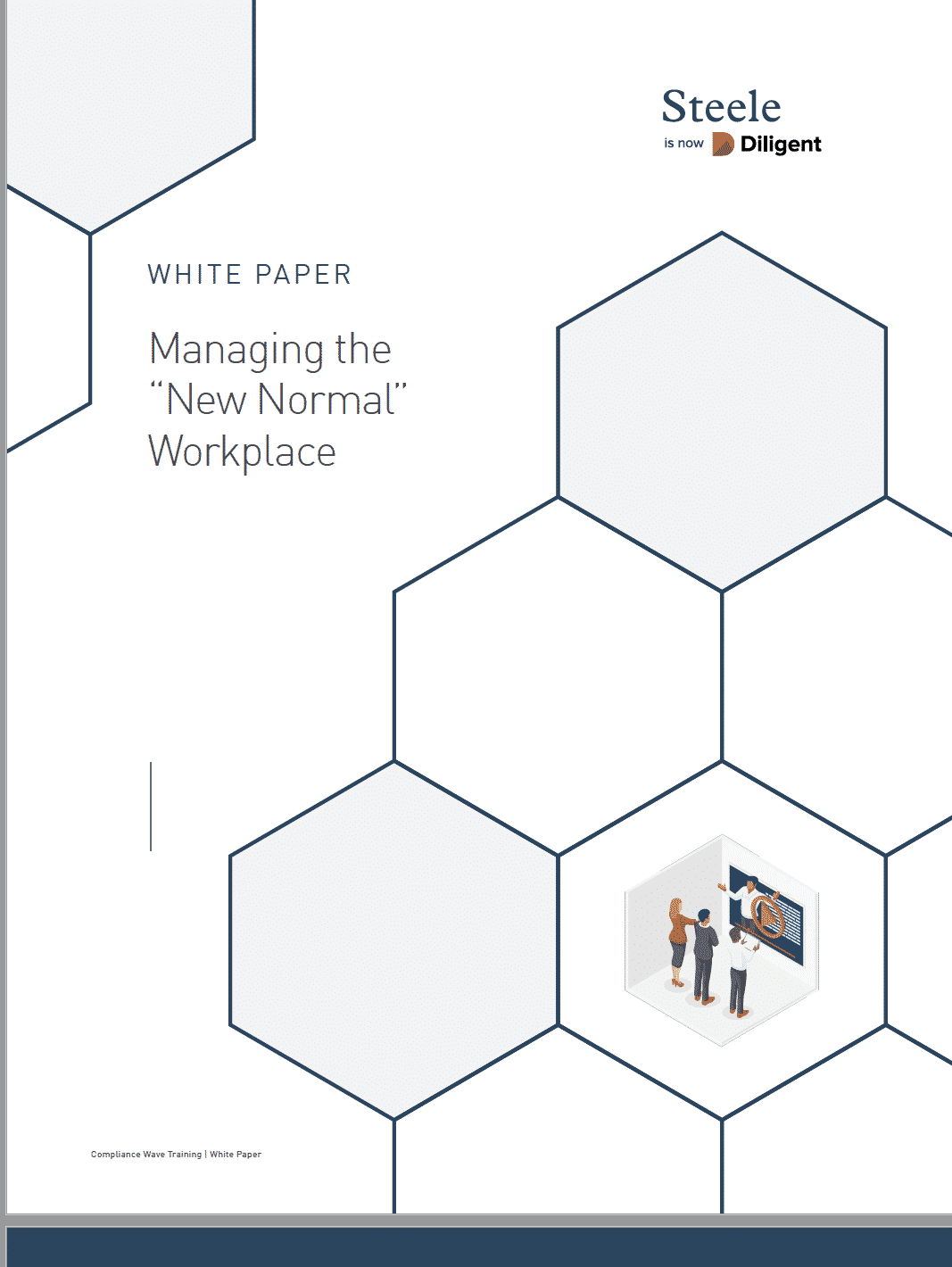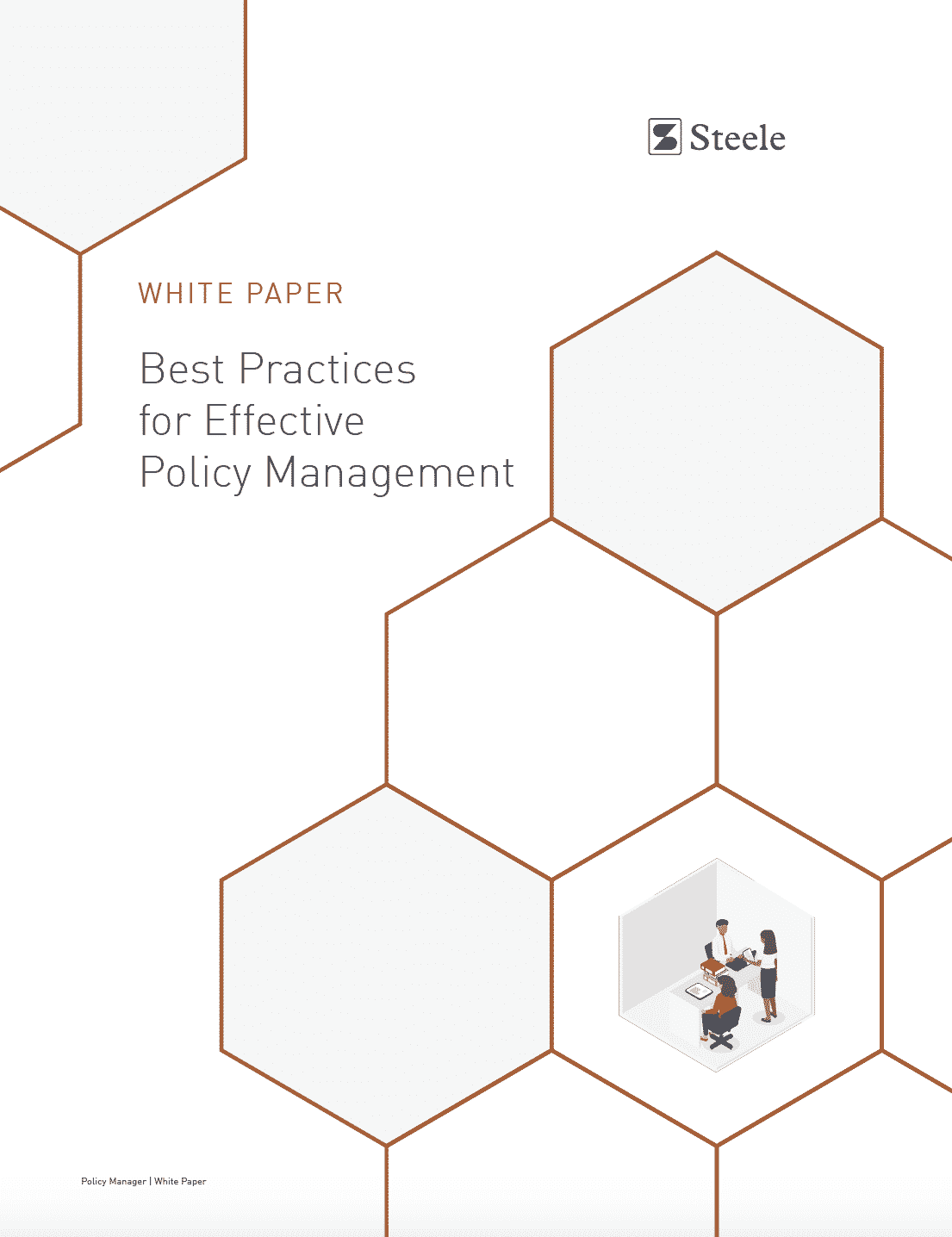Modern technology allows people to disseminate allegations of corporate irresponsibility easily. Those accusations may be unfair or inaccurate, but companies ignore such attacks at their peril. Any perceived association with unethical third parties can leave a company’s leadership scrambling to defuse a reputation crisis, and those responses often require dramatic action to “prove” the company takes the allegations seriously.
This concern surrounding reputation risk has contributed to the rise of corporate social responsibility (CSR) factors as something corporations should consider while governing business conduct. How a company treats its own employees; which suppliers and other third parties it engages; even where to expand or what new products to launch — all those decisions must now acknowledge CSR as an influencing factor.
All those forces speak to the need for more due diligence — broader due diligence, that assesses third parties for risks well beyond the usual anti-corruption or data security criteria.
This whitepaper highlights:
- Where to find objective, clear standards for CSR, so your risk assessment can be credible
- Defining the specific CSR objectives you want to pursue
- The degree of difficulty in incorporating CSR into your due diligence processes
Download whitepaper below to learn more.

 Back to Insights
Back to Insights



